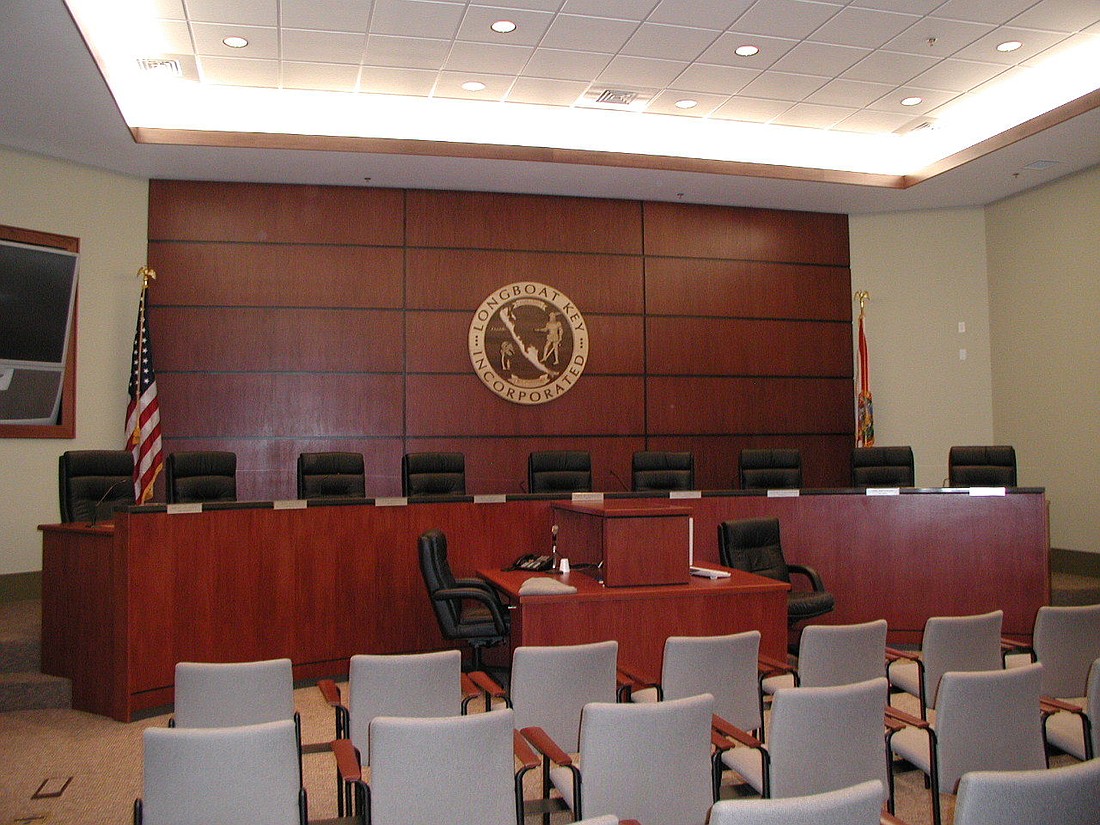- November 20, 2024
-
-
Loading

Loading

Muted microphones. Unmuted microphones. Occasional tech glitches. Reduced public participation.
Town commissioners have been meeting virtually since March during the COVID-19 pandemic, and they acknowledge the limitations of meeting outside of Town Hall.
“I miss not seeing the commissioners,” Vice Mayor Mike Haycock said. “I miss being able to look them in the eye when we’re talking about issues that we agree or disagree with, and the meetings are significantly more efficient.”
Commissioner BJ Bishop said she believes the virtual format limits discussion, often among the board itself, though exchanges have been more robust recently.
“Face-to-face communication is always preferable,” Bishop said. “I know some of the commissioners are not comfortable with technology.”
Commissioner Jack Daly agreed with Bishop, expressing his preference to meet in person if there were no COVID-19 concerns.
“Zoom is a good second choice to the normal in-person meeting format,” Daly said. “It’s probably as good as [a] choice as we have, but it’s only a second choice.
“I’ll put it another way. Meeting and discussing face to face is tenfold more effective from my viewpoint as a commissioner than a Zoom process.”
In March, the governor issued an executive order that gives municipalities throughout the state permission to meet virtually to prevent the spread of COVID-19. That authority could run out at the end of the month.
Anyone from the public wanting to participate in the virtual meetings has had to provide written commentary or submit a request-to-speak form to Town Clerk Trish Shinkle by 10 a.m. on Mondays town commission meetings are held.
“I am concerned that public input is probably restricted because people have to respond in advance of a meeting to provide public input,” Bishop said.
During in-person meetings, it’s not uncommon for a member of the public seated in the gallery to simply decide on the spot they have something to say. Often, it’s simply a matter of filling out a speaker card, and they’re standing at the lectern moments later.
That kind of spontaneity is not possible currently, though virtual speakers did offer their takes on a recent discussion of parking.
“There’s been less attendance, as you would imagine,” Mayor Ken Schneier said. “The earlier meetings that we had remotely, there was very low attendance. This most recent, … we had seven people I think who either submitted something to be read in the record or spoke, but we would ordinarily have maybe twice that number. So it definitely affects attendance.”
The town moved its planned July 1 meeting to June 30 to remain within the governor’s guidelines on remote meetings. The 1 p.m. meeting, which will be held virtually, will precede commissioners’ typical summer break. Commissioners are hopeful they will be allowed to hold in-person meetings again when they return in September.
“Social distancing for us is probably not going to be that difficult — whether we put some plexiglass screens between us or space it out a little more,” Haycock said. “The public is a little more difficult. We probably have to restrict the number of people that could enter at any one time, but I think it’s all manageable.”
Schneier said he’s had a “friendly debate” with Town Manager Tom Harmer on when it’s safe to resume in-person commission meetings. Harmer has frequently said he considers the town’s demographics — 69% of the town’s nearly 7,000 full-time residents are older than 65 — before making any decision on what’s safe to reopen.
“We’re very fortunate that we have a process like this that we can use when we need to,” Schneier said. “And I think the Zoom and the other alternatives where you can see people and work with them is good, but it’s a short-term substitute, and it’s far, far less desirable than the real thing.”